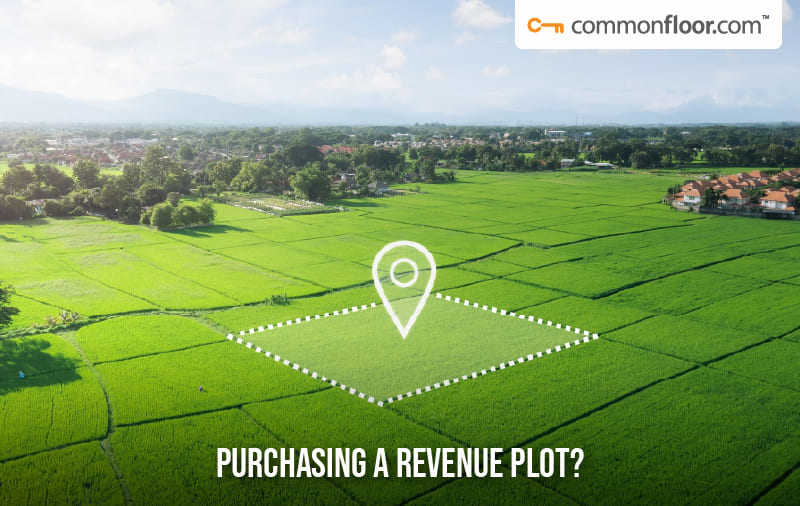Taxes to be paid while registering the property
Various taxes need to be paid at the time of property registration. These taxes are paid to the local government authorities of every city so as to keep an account of the true value of the property. The following taxes need to be paid by the buyer at the time of property registration.
Tax Deduction at Source (TDS)
 Section 194 (A) has been inserted in the Income Tax Act, 1961 by the Finance Act, 2013. It provides for tax deduction at source on transfer of certain immovable property other than agricultural land of Rs. 50 lakh or more. Any person, as per the new provision, being a transferee responsible for paying to a resident transferor by way of consideration for transfer of immovable property other than agricultural land, shall at the time of credit of such sum to the account of the transferor or at the time of payment of such sum in cash or by issue of a cheque or draft or by any other mode, whichever is earlier, required to deduct an amount equal to 1% of such sum as income tax thereon specially when the value of the immovable property is Rs. 50 lakh or more.
Section 194 (A) has been inserted in the Income Tax Act, 1961 by the Finance Act, 2013. It provides for tax deduction at source on transfer of certain immovable property other than agricultural land of Rs. 50 lakh or more. Any person, as per the new provision, being a transferee responsible for paying to a resident transferor by way of consideration for transfer of immovable property other than agricultural land, shall at the time of credit of such sum to the account of the transferor or at the time of payment of such sum in cash or by issue of a cheque or draft or by any other mode, whichever is earlier, required to deduct an amount equal to 1% of such sum as income tax thereon specially when the value of the immovable property is Rs. 50 lakh or more.
Stamp Duty
Stamp Duty means a tax payable on certain legal documents specified by statute. The duty may be fixed or ad valorem meaning that the tax paid as a stamp duty may be a fixed amount which varies based on the value of the products, services or property on which it is levied. It is basically a kind of tax paid on any transaction based on exchange of documents or execution of instruments. The buyer is liable to pay Stamp Duty to the concerned authorities.
For more information on Stamp Duty please visit STAMP DUTY DETAILS.
Service Tax
Service Tax is levied on an under construction property for the services provided by the builders, where a building structure (or a part of a civil structure) is offered for sale but the payment is received prior to the issuance of completion certificate. It is only levied on services offered and hence cannot be taxed on land costs. It is levied as per the rates in force on the total value of the services provided by the builder.
Service tax of 12.36 percent is levied on 25 percent of the total purchase cost of under construction property. In other words, service tax of 3.09 percent is levied on the total price (100 percent) of the under construction property.
According to the Budget 2013, an amendment has been introduced to these provisions. The abatement has been reduced from 75 percent to 70 percent for flats above 2000 sq ft or costing Rs 1 crore and more. So in such cases, the service tax will be levied on 30 percent of the total amount or a service tax of 3.71 percent is levied on the total cost.
Service Tax is levied by the central government and hence, it is applicable to all states.
Value Added Tax (VAT)
The VAT is an indirect tax and one of the major source of revenue in a state. The VAT system of taxation was adopted by most states in India in the year 2005 by replacing the General Sales Tax Laws with New Value Added Tax Acts and the supporting Value Added Tax Rules for proper administration and collection of Tax.
Every state or union territory follows its own method of the tax assessment and collection from the dealers who fall under the purview of VAT. Earlier the rate of VAT in Maharashtra was 5% on total value of the property for sale, without including land cost. But since early 2010, the VAT applicable is 1% on the total cost which is inclusive of the land cost.
In Karnataka, VAT levied is 5% on total cost of the property. The Haryana Government has recently announced its plans to impose 4 % VAT on the builders, developers and promoters of real estate projects in the state.
The recent Supreme Court verdict on VAT in real estate states that this tax may be levied on real estate transactions in addition to stamp duty. The court has supported the judgement of the Bombay high court which had directed the builders to pay a 5 percent VAT to Maharashtra government on under-construction residential units sold during 2006-10.
So far, only few states have been levying VAT on construction. Now, following the Supreme Court verdict it is likely that many other state governments may start levying VAT on real estate transactions. However, though the tax is levied on the sellers it may get passed onto the buyers only.







